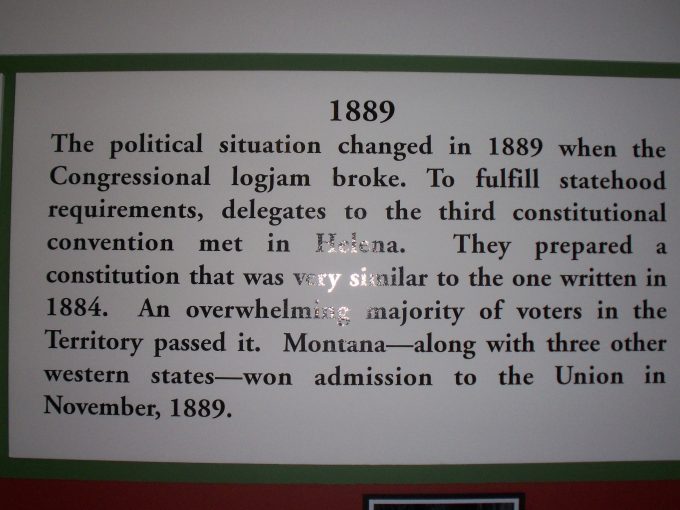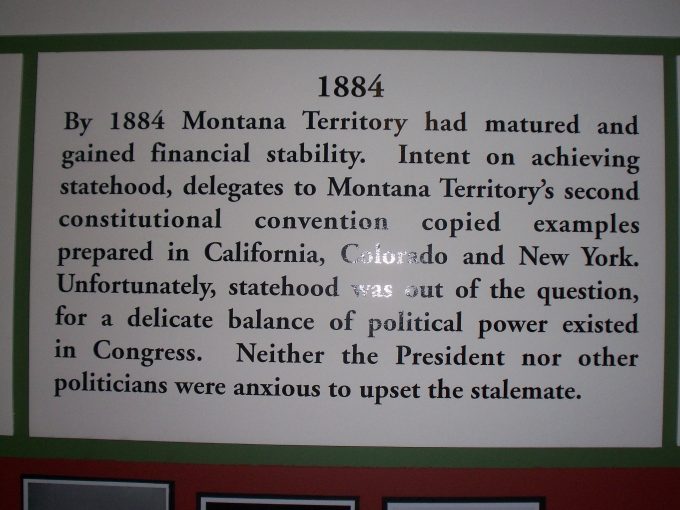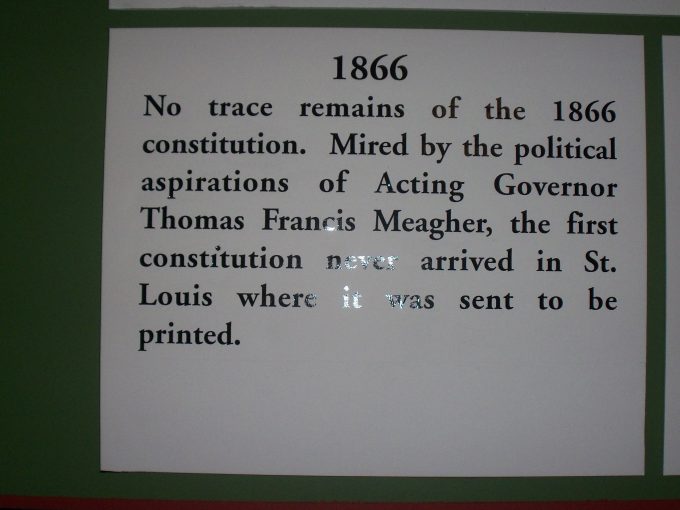
Saturday, 5 May 2018
I have fought the good fight, I have finished the race, I have kept the faith. 2 Timothy 4:7
Paul has just spoken of his coming death, being poured out as a drink offering. This referred to the time of his departure. Now he reflects on the conduct of his life in Christ leading up to that point. Did he do what he was called to do? Did he fulfill his mission? His words now answer that for Timothy to reflect upon. First, he says, “I have fought the good fight.” Paul uses a metaphor to describe his conduct in Christ. He may be speaking of a wrestling match, as if engaged in direct combat with the enemy (see Ephesians 6:12), or he may be speaking of being a warrior who has been engaged in battle (see 2 Timothy 2:3, 4). Either way, he is comparing his life to that of one who was in a fight, working against the foes of the gospel, and against both human and spiritual enemies.
From there he says, “I have finished the race.” Again, it is a metaphor which he uses to describe the life he was called to. He used that metaphor several times elsewhere, such as in 1 Corinthians 9:24-27 –
Do you not know that those who run in a race all run, but one receives the prize? Run in such a way that you may obtain it. 25 And everyone who competes for the prize is temperate in all things. Now they do it to obtain a perishable crown, but we for an imperishable crown. 26 Therefore I run thus: not with uncertainty. Thus I fight: not as one who beats the air. 27 But I discipline my body and bring it into subjection, lest, when I have preached to others, I myself should become disqualified.
As we can see from his words, Paul not only looked at his life as a wrestler, but as one in a race who must endure to the end. Now with the fight complete and the race finished, he says with a note of surety, “I have kept the faith.” This is similar to what he had encouraged Timothy to do in his first epistle to him –
“Fight the good fight of faith, lay hold on eternal life, to which you were also called and have confessed the good confession in the presence of many witnesses.” 1 Timothy 6:12
The terminology conveyed to Timothy was of the Grecian games. They were as well known then as the Olympics are for us today. In this expression, he equated Timothy to a fighter on a set team (the faith) and he encouraged him to fight that good fight on its behalf. The goal of such a fight is to “lay hold on eternal life.” This is what Paul had done, and he was now awaiting his reward, having kept the faith.
Life application: Paul is writing as a minister of the gospel to a minister of the gospel. His words are to be taken as such, but there is no reason that what he says, unless limited to an ordained minister, cannot be applied to one’s own life. We all have a fight to fight in Christ. We all have a race to run in Christ. And, we all have faith which was exercised in coming to Christ. We should keep that faith, and cause it to grow until the very end.
Lord God, help each of us to not fritter away the few short days of this life you have granted to us. Give us wisdom to contemplate that sure end which we all will face, and the judgment which is set to follow that end. Give us wisdom to accept Your pardon for our sins, granted through Christ, and then give us wisdom to fight the good fight, run the race to the finish, and keep the faith which we have professed. Surely with these things, You will be pleased with our conduct. Amen.




